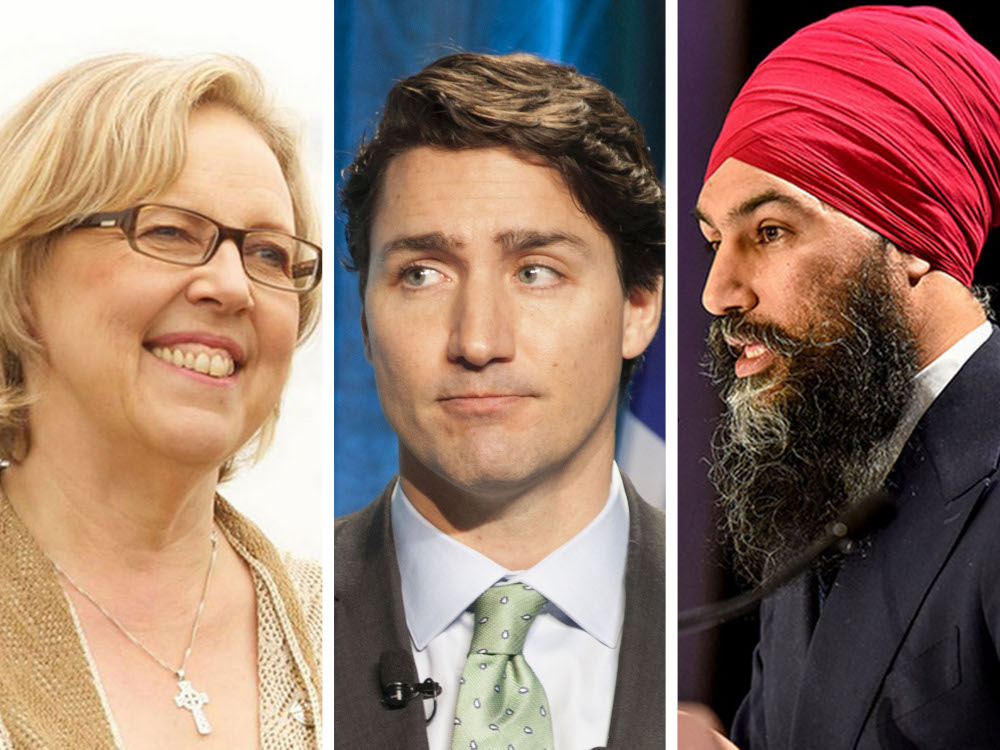Pipeline will complicate any discussion on a coalition, informal or otherwise, with the NDP
(Bloomberg) — Canadian Prime Minister Justin Trudeau is losing support for a plan to expand the Trans Mountain oil pipeline, raising the stakes for his government as the project navigates continued legal challenges.
About 37% of Canadians oppose the government-owned project, up from 31% in June, according to a poll published Tuesday by the Angus Reid Institute. Backing for the pipeline is at 55%, down from 58%, the survey showed.
Canada’s C$4.5 billion ($3.4 billion) purchase of Trans Mountain in 2018 has been a political quagmire for Trudeau, costing him support among his environmentalist base while winning him little favor with voters in conservative, oil-rich Alberta. The poll suggests that even if Trudeau overcomes legal hurdles, the project will remain a dilemma for his government, with opposition escalating largely in strongholds for his Liberal party.
The expansion would almost triple to 890,000 barrels a day the shipping capacity on the line, which travels from Edmonton to a port terminal near Vancouver. Canada’s oil industry considers the project key to developing new markets for its crude in Asia and reducing its dependence on U.S. refiners. Environmentalists say the expansion would allow for increased oil-sands output, contributing to the threat of catastrophic climate change and preventing Canada from meeting its greenhouse gas reduction commitments.
Trans Mountain won a major battle earlier this month, when the Supreme Court of Canada dismissed a case against the line. But it still faces a court challenge in British Columbia that’s centered on whether Trudeau’s government adequately consulted with indigenous groups along the pipeline route.
The Angus Reid poll of 1,528 Canadian adults was conducted online from Jan. 21 through Jan. 23, with a margin of error of plus of minus 2.5 percentage points. SOURCE
RELATED:


/https://www.thestar.com/content/dam/thestar/politics/federal/2019/10/13/singh-says-strategic-voting-makes-people-settle-for-less-counters-liberal-push/singh_votes.jpg)
